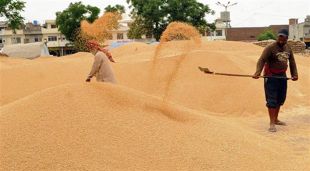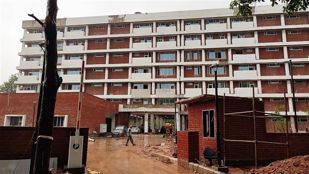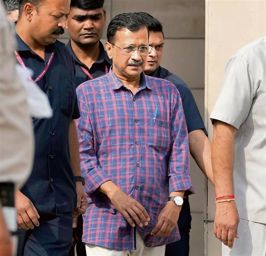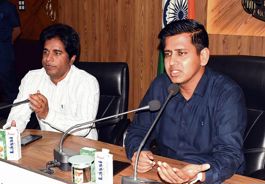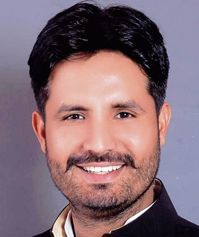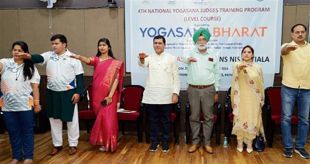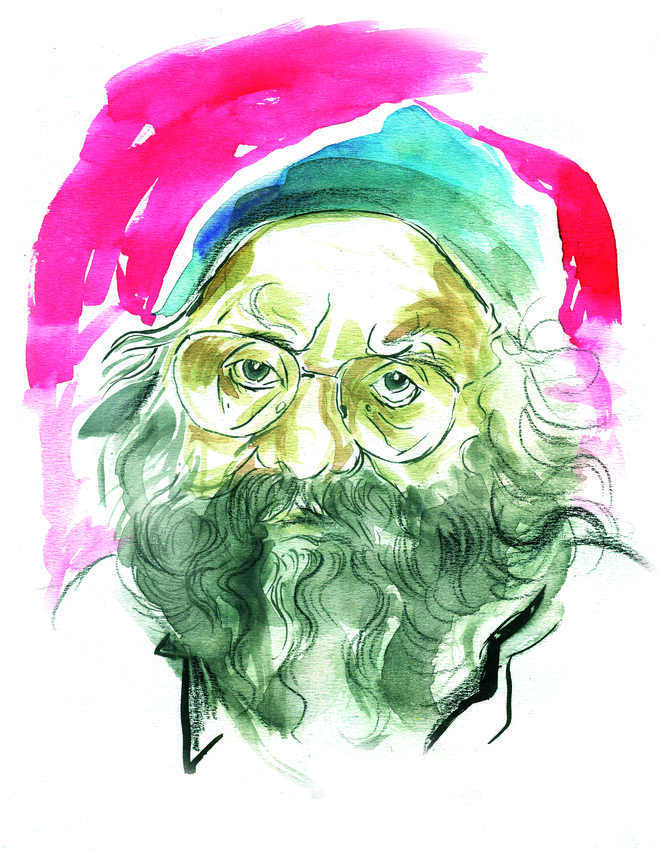
Illustration: Sandeep Joshi
Roopinder Singh
More people read Khushwant Singh’s columns than his books, which is a pity. What he wrote in newspapers was an interesting mixture, some of the finest pen sketches of prominent people were featured there, along with personal anecdotes and jokes. The melange kept the audience keenly waiting for subsequent offerings. His appeal cut across regional differences and religious denominations and even languages, since his syndicated columns were translated and published by newspapers across India. While he freely mixed the profound with the profane, his ability to remain unimpressed by the powerful, who he poked at with unadulterated glee, earned him many admirers.
Books by the same author carry more authority; none more so than A History of the Sikhs, an eminently readable and scholarly work. At the other end of the spectrum are a plethora of joke books, familiar to travellers all over the country. These are primarily collections of jokes submitted by readers, which were published in his columns.
A prolific writer, Khushwant Singh, wrote in longhand early in the morning. His daughter Mala Dayal has published a selection of his essays in this volume to commemorate the century of his birth, a year after he passed away at the age of 99.
The book opens with a write-up on the ‘uncrowned king of the Sikhs’, Baba Kharak Singh, President of the SGPC and the moving spirit behind the Akali Dal. He was a political leader who was steadfast in his beliefs and uncompromising in the face of coercion, or the lure of power.
We see various aspects of Nehru’s literary persona in the essay, Nehru as a writer, and Humayun Kabir’s epitaph is telling: ‘If he had stuck to academic life, he would have made a first-rate professor. Alas he chose to become a second-rate politician.’
A touching portrayal of Lata Mangeshkar, with her ‘Oscar’ (did he mean Filmfare award) statues decorously covered with mini-silk sarees; an engaging account of meeting with Dev Anand, and a no-holds barred portrayal of MO Mathai, Nehru’s assistant whose book Reminiscences of the Nehru Age triggered the piece. The portrait of the serial killer Raman Raghav is chilling in the unemotional portrayal of a notorious murderer.
We see how he decried the persecution of Indira Gandhi and defended Sanjay Gandhi. Khushwant Singh was a man of strong likes and dislikes and he stood by his friends. Travelling triggered many an essay. Here we go on a journey made memorable by the expression of the impression they made on the writer. Be it the Japanese man with admirable creativity, the beautiful maid of Mahi, the shutter-happy American journalists, the self-effacing manager, or the driver whose religion created a united colours of India moment when his passengers all exchanged Eid hugs with him, or an affectionate portrait of Amritsar — Khushwant Singh draws the reader in and rewards him with enriching vignettes.
As he mulls over various things Indian, we come across this nugget, dated 1957: ‘There seems to be perfect unanimity about the fact that the prevalent system of examinations encourages feats of memory rather than the exercise of intellect and the analytical powers of the mind.....The very people who have expressed dissatisfaction with the system have the power and the responsibility to take the necessary steps.’
Khushwant Singh took on the VIP culture with a sharp nib and indelible ink. Be it the number-plate obsession, or the poor policemen who suffer, along with the non-uniformed common people, when they are on ‘bandobast’ duty for VIPs, nothing escaped his scathing pen.
Pakistan figures prominently in Khushwant Singh’s writings, the pain of the Partition and the resilience of the Sikhs who found themselves without homes, but with a strong spirit and hard work, built their lives anew and made new homes.
He writes of refugees with feeling as he covers their fate in a 1971 article on refugee camps that came in the wake of Bangladesh being created.
By bringing together his articles, especially those from the early days, the editor has given readers vignettes of an India as seen through the mind of a man who was loved for his self-depreciating writing, honesty and his ability to puncture the pompous. The book will be read and savoured in bits, just as it is meant to be.





















